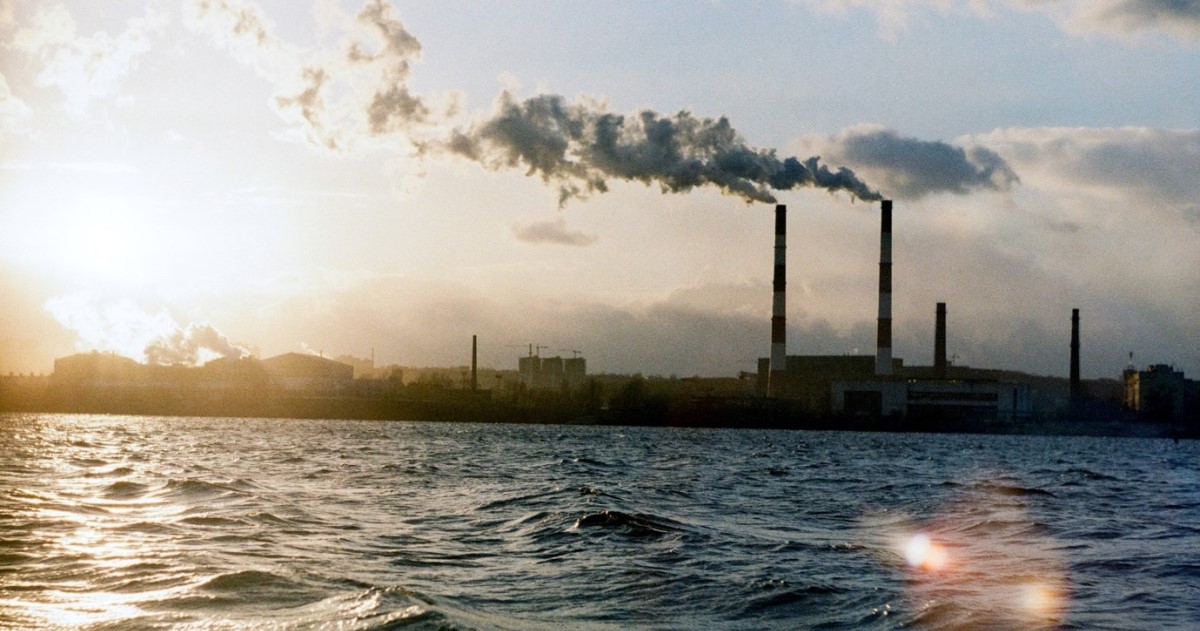

We have all heard of the word ‘pollution’, but how is it actually defined? What is pollution? Pollution is when harmful materials (called pollutants) are introduced into the environment. Pollutants can be one of two types; natural (such as volcanic ash) or created by human activity (such as trash or runoff produced by factories). The effect of the pollutants is the damaging of the quality of air, water and land.
Many of the things we use create pollution such as the exhaust release by cars and coal burning for electricity. These result in air pollution and we all create garbage and sewage which pollutes land and water.
Earth’s supply of air and water is crucial for all forms of life and once these resources are polluted, life of living organisms is threatened.
Pollution is a problem found everywhere, from busy urban areas to the rural countryside, as pollutants can easily spread across earth. Air and water currents carry pollution where pesticides have been found in the Antarctic ice sheet and the Great Pacific Garbage Patch has formed in the middle of the Pacific Ocean, far away from land which created these pollutants. Ocean currents and migrating fish carry marine pollutants far and wide. Winds can pick up radioactive material accidentally released from a nuclear reactor and scatter it around the world. Smoke from a factory in one country drifts into another country.

The three major types of pollution are air pollution, water pollution and land pollution, which we will look into more detail in the coming weeks. In the meantime, we have listed a few tips on how you can help to reduce pollution.
Do not smoke or don’t throw your butts on the floor. Cigarette butts are not biodegradable and contain highly toxic soluble chemicals leaking chemicals into the environment.
Choose eco-friendly transportation, such as switch to an electric or hybrid car. It is important to maintain your car in good running condition to avoid emissions. Try to walk, ride a bicycle, or use public transport whenever possible or if you have to use your car try to carpool.
Dispose of waste responsibly. Make sure to follow the 3Rs – reduce, reuse, and recycle. Look for items which are made from sustainable, reclaimed, or recycled materials. Start making your own compost with leaves from your plants and food scraps from your kitchen to reduce waste while improving your soil.
Reduce your demand on energy. You can also hang your laundry to dry to minimize your use of electricity and open a window if you are feeling hot or put on a sweater to warm you up rather than turning on the air conditioner. Also, consider investing in solar panels or other renewable energy sources for your home or business.
Promote conservation as a consumer by buying local foods and goods to minimise the use of fuel for transporting goods. Look around your house or place of business for ways you could conserve water (here are some tips we have shared). Use and buy products that are eco-friendly or made with biodegradable materials. Avoid plastic and always take your reusable bag when you shop.
Avoid disrupting the ecosystem. Plant more trees as they clean the air, provide oxygen, and beautify your surroundings. Say no to pesticides and GMOs (genetically modified organisms).
Sources:
Pollution, https://www.nationalgeographic.org/encyclopedia/pollution/, [Accessed 12 November 2021]
Rich L., Ways to Prevent and Reduce Air, Water, and Land Pollution, 2020, https://soapboxie.com/social-issues/reduce-pollution [Accessed 12 November 2021]
The information contained herein is for general information purposes only. APS Bank plc will not be held responsible or liable in any manner for any of the information contained herein. While APS Bank plc has made every attempt to ensure that the information contained herein has been obtained from reliable sources, APS Bank plc will not be held responsible for any errors, omissions or inaccuracy, or for the results obtained from the use of this information. The primary purpose of these articles is to educate and inform. These articles do not constitute legal, medical or professional advice or service.